My Story is Mine to Tell
by Amy Sequenzia.
Everywhere – on the web, in conferences, in books, on TV and on the radio, in college lecture halls – people are talking about autism. Too many of these voices are non-autistic voices.
Too many of these voices don’t really know what autism is.
Too many of these voices are simply telling old stories – full of assumptions – that non-Autistics voices have told before.
Too many of these voices are actively silencing and ignoring Autistic voices, while being hostile to us when we tell them they are wrong.
They tell our stories but they don’t listen to us.
They tell our stories and feed the stigma.
They use our neurology for their own gain.
They don’t credit us when their assumptions are debunked by something we have been saying forever.
Our stories are ours to tell.
Non-autistic voices are not telling our stories, they are telling their ableist perception of who we are.
How “Experts” tell our stories:
They use the pathology paradigm – autism as something to be fixed.
They list deficits according to the normative thinking.
They use functioning labels to grade us and assign value – if we can act and look less Autistic – then they silence us if we speak too well, or if we cannot speak.
They still say we lack empathy. The ones who finally admit that we do have empathy – as we have been saying forever – do not credit us for helping them “understand” that.
They call autism a disorder, when it is a completely different order.
They do not credit our understanding of our own identity.
They don’t value our identity at all.
How the media tell our stories:
The wrong way, by
Silencing us.
Ignoring us.
Talking about us, without us.
The inspiration porn way, by making non-autistic and non-disabled people feel good about themselves while objectifying our lives.
The tragic way, by using our lives to devalue us while martyrizing parents and caregivers.
The dismissive way, by blaming us and our diagnosis on tragic events, on crimes and even on our own murders.
The fake way, by lying about how much we “cost” to the government, how much we “abuse” the system, while offering no proof of those claims, and by not retracting when their lies are exposed.
The erasing way, by making movies and shows that are about us but only tell the stories from the parent’s and “experts” point of view.
The disrespectful way, by demanding use of Person First Language, even when we are talking about ourselves. They will change our words to fit their preferences about how we identify.
How “advocacy” organizations tell our stories:
By listing our so-called deficits as they ask for money that will be used to spread the list of the so-called problems created by the so-called deficits.
Some organizations say we are a tragic disease caused by vaccines. Yes, this still happens.
When organizations ask for our input, for our presence in their conference, they expect us to speak for free, and to pay for travel expenses. Neurotypical “experts” are usually paid to speak about us, without us.
The Worst Autism Advocacy Organization – Autism Speaks – raises a lot of money, recruits a lot of celebrities, and doesn’t provide anything of value to Autistic lives. It silences our voices, blocks us on social media, or ignores us.
This is how they refer to us:
A family tragedy.
Burdens.
Expensive.
Cause of divorces.
Cause of broken dreams.
Lepers.
This is not how we tell our stories.
We tell our stories by living our lives.
We tell our stories when and where we decide to do so.
When we share our experiences of the world, we are simply showing you our humanity.
We are not a pathology to be explained, a mystery to be solved, a problem to be fixed.
We are not a bag of deficits, nor are we a bundle of quirkiness.
Our lives are not a script where the end is the neurotypical normative ideal. We might use scripts to communicate but I doubt the “experts” ever asked any of us why.
We are people, neurodivergent, neurominority.
We tell our stories because only we can be truthful.We tell our stories because too many non-autistics are talking about us, without us.
We tell our stories because the stories being told about us are really about how the neurotypical majority sees us, filtered by the thick lens of ableism.
Or we don’t tell our stories, because we are people, and we must have our choices respected.
If you are not an Autistic person, and you are telling our stories, you are likely telling lies, assumptions and wrong perceptions.
If you are listening to a non-autistic person telling our stories without citations, crediting Autistic voices, forget what you heard.
Our stories are only true stories of autism, and of what being Autistic is, if we tell them ourselves.

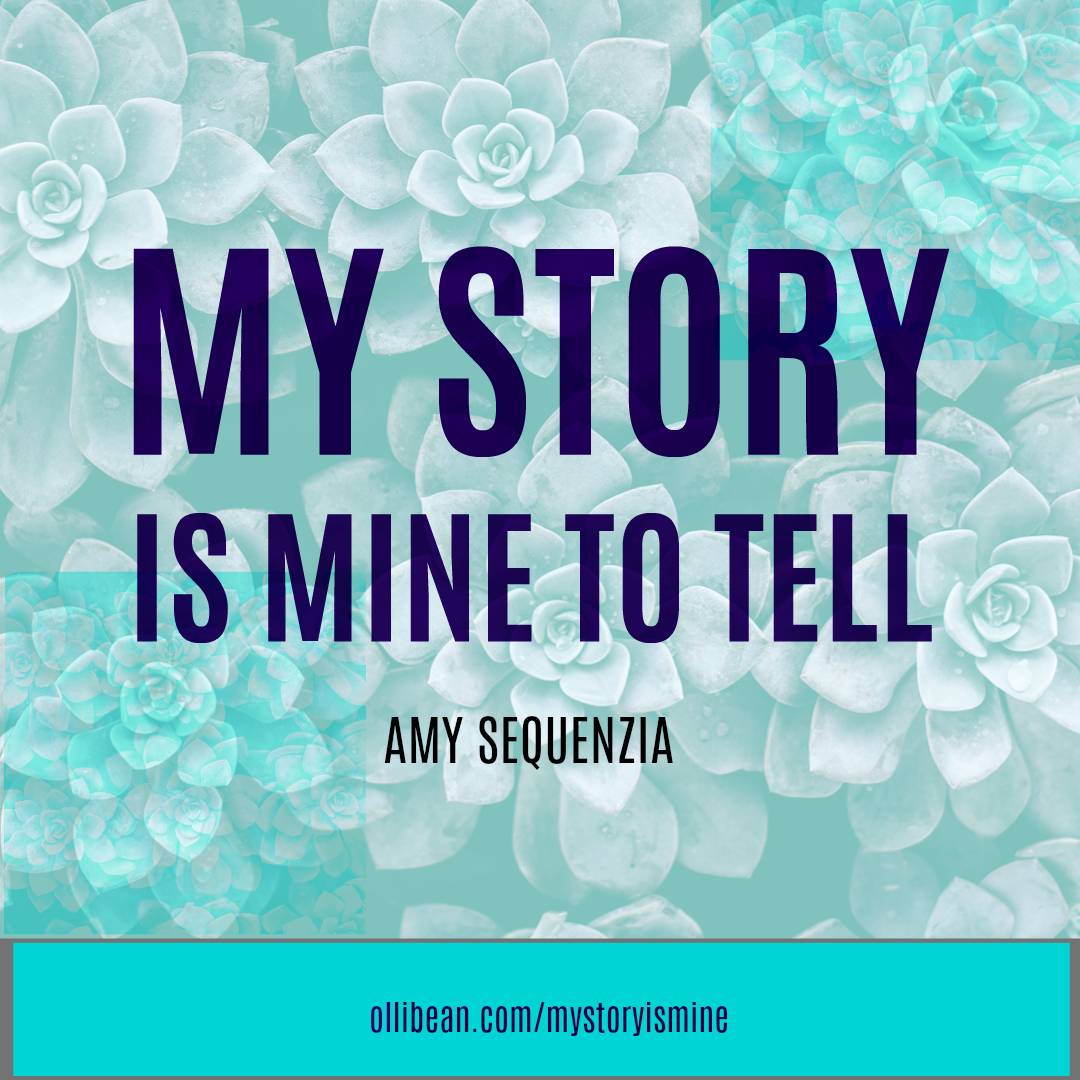
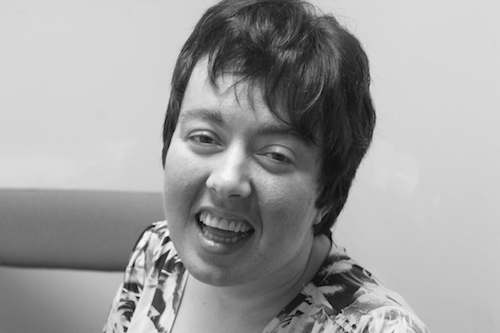
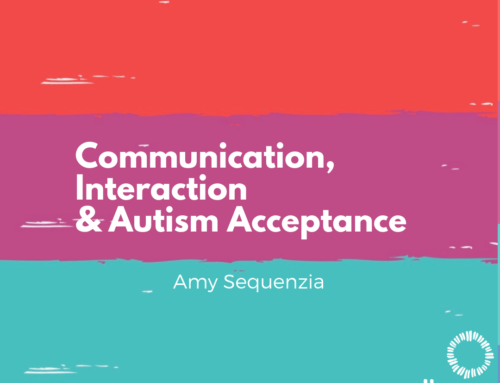
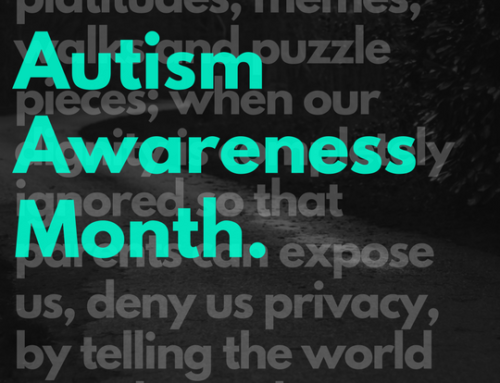
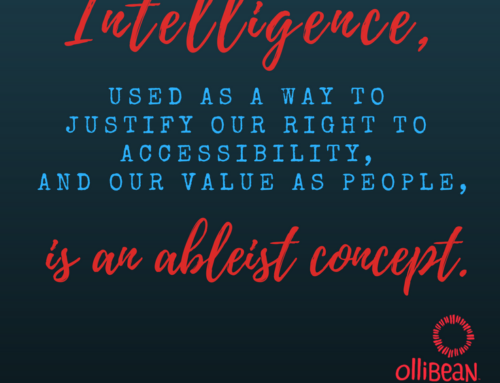
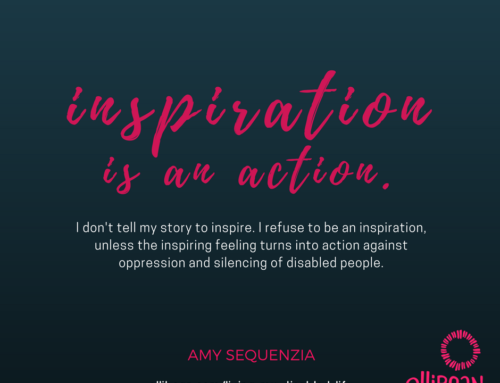
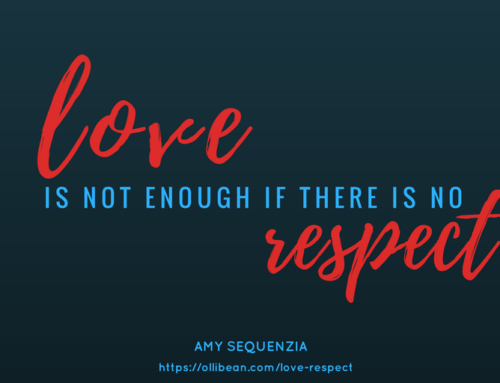
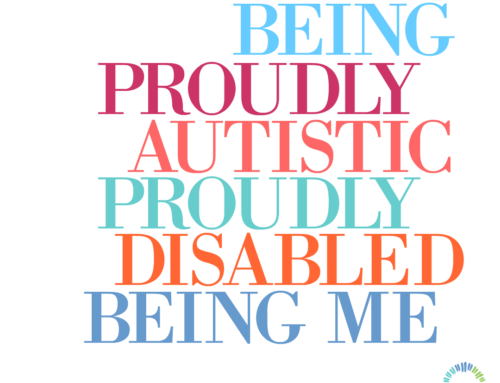
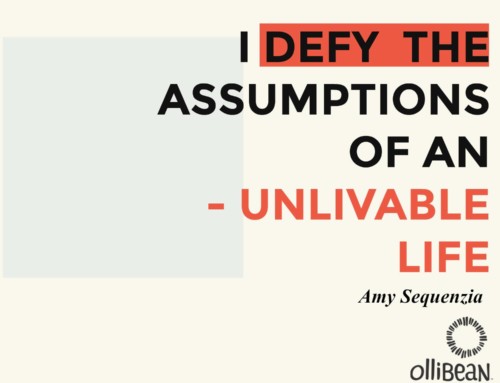
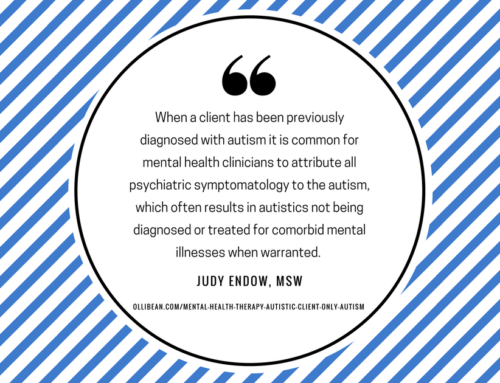
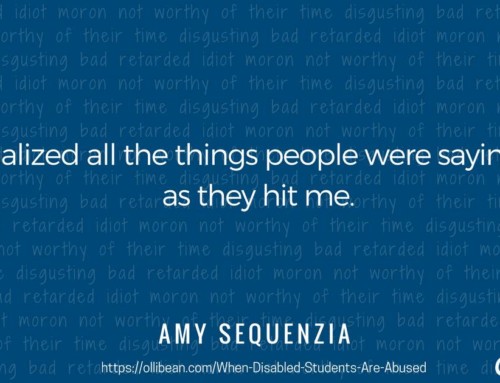

Hello! I just wanted to tell you that I read your posts to my daughter. She is 10 years old, autistic and nonspeaking. She is able to use the iPad to type, with help. She is actually inspired by you to be an advocate for herself and others, which I think is awesome. Yes, you are right…her story is hers to tell. She wants to start her own blog, use her name and write her own story. I am supportive of this, but since she is young, I wonder if I should have any concerns about her putting herself out there at a young age in a public way. I would appreciate your thoughts, even if you think I’m way off base with my worries. Thank you for all that you are and do.
Thank you fro writing Jennifer. I think that she should write her own story but you should guide her on what should be public and what shouldn’t. She is very young and her personal information should still remain personal. I also think that it is important that she tells stories that might help other kids. I suggest that you explain to her that all she writes on the internet is there forever and maybe show her what young Autistics are doing online. Maybe start with a journal that she can read from time to time before deciding to make her words public.
I get what you are saying. Please don’t tar everyone with the “not listening” or misrepresenting. I have an adult autistic son and work as an autism consultant.I tell parents and teachers to seek out autistic adults who explain what its like and ways to help kids. But many of these parents/educators say they feel unwelcome in these conversations and blamed and are reluctant to then ask questions. They may not get it all right but they are trying to learn from those who really know. Please welcome these people for where else should they go to gain the knowledge they need?